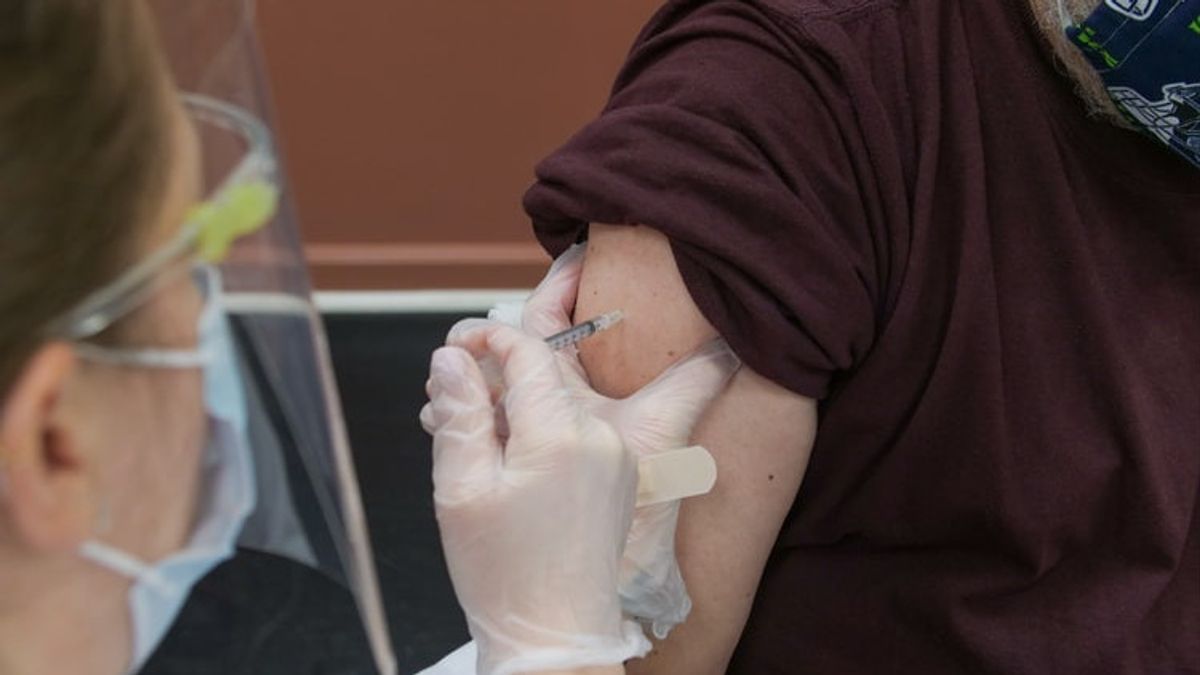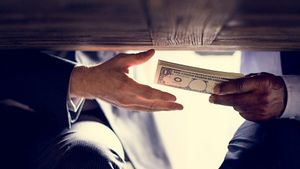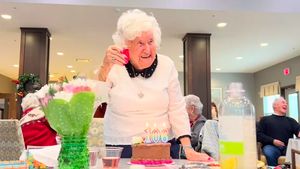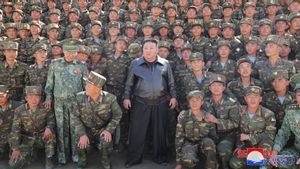JAKARTA - Several countries in the world have started their COVID-19 vaccinations. Currently the available vaccines are injected vaccines. This is fine for some people, but a problem for people who are afraid of needles.
Launch CNN, Saturday, January 16, 2021, the story of a fourth-year medical student at Thomas Jefferson University in Philadelphia, an example. Student Amanda Walker knows that vaccinations are safe and important. However, getting the vaccine is still an ordeal for him because he has a phobia of needles.
"I would start to get very cold and then sweat," he said, describing his reaction to the injection. "Then I passed out."
Walker has lived with the fear of getting injections for years. She recalls being terrified, at age 12 or 13, when she received the flu shot. The fear of needles is perhaps a common fear: Walker is one of the millions of people who are afraid of needles, the findings of a 2018 study published in the Journal of Advanced Nursing.
Needle fear reactions can range from mild to severe anxiety, even severe phobia. The American Psychiatric Association's Diagnostic and Statistical Manual of Mental Health Disorders, or DSM-5, identified trypanophobia, or the fear of "blood type / injection / injury specific phobia" in 1994.
Now, as the COVID-19 vaccine is being rolled out around the world, overcoming such fears is essential to public health. To protect the population as a whole, a 'large proportion' of people should be vaccinated, according to the World Health Organization (WHO).
For individuals considering avoiding COVID-19 vaccination due to needle-stick phobia, seeking treatment can be a life and death decision. Experts say the treatment for needle phobia can be very effective. However, leaving the condition untreated can lead to increased fear over time.
Jeffrey Geller, president of the American Psychiatric Association and professor of psychiatry at the University of Massachusetts Medical School, says that about 30 percent of people will experience an anxiety disorder in their lifetime, says Geller. Of these, between 7 percent and 9 percent of individuals have a specific phobia.
Needle anxiety, however, doesn't have to meet the formal definition of a phobia to cause problems. About a quarter of adults are afraid of needles and an estimated 7 percent of adults avoid immunization for fear of needles, according to the US Centers for Disease Control and Prevention. Needle fear is estimated to be 20 percent to 50 percent in adolescents and 20 percent to 30 percent in young adults.
Even before the COVID-19 pandemic, the fear of needles was serious. What's more, the fear of needles doesn't just keep someone from getting vaccinated. People with severe phobias may avoid medical treatment altogether, even if their health has deteriorated.
For people who are afraid of needles but still get injections, the experience can be unpleasant. They will experience common symptoms including dizziness, feeling faint, insomnia, sweating, muscle tension and increased alertness. Meanwhile, individuals with a relatively mild fear of needles can overcome their anxiety by practicing relaxation techniques on their own.
Distracting yourself can also work. Counting silently, counting your breaths, and imagining a safe, comfortable place can take your focus away from the scary event. Or, you can also invite a trusted friend or family member to come along, says Geller.
"Come for the injection with someone who can be supportive," he said, adding that practicing relaxation techniques with the person accompanying him can help deal with the fear of needles.
The English, Chinese, Japanese, Arabic, and French versions are automatically generated by the AI. So there may still be inaccuracies in translating, please always see Indonesian as our main language. (system supported by DigitalSiber.id)













